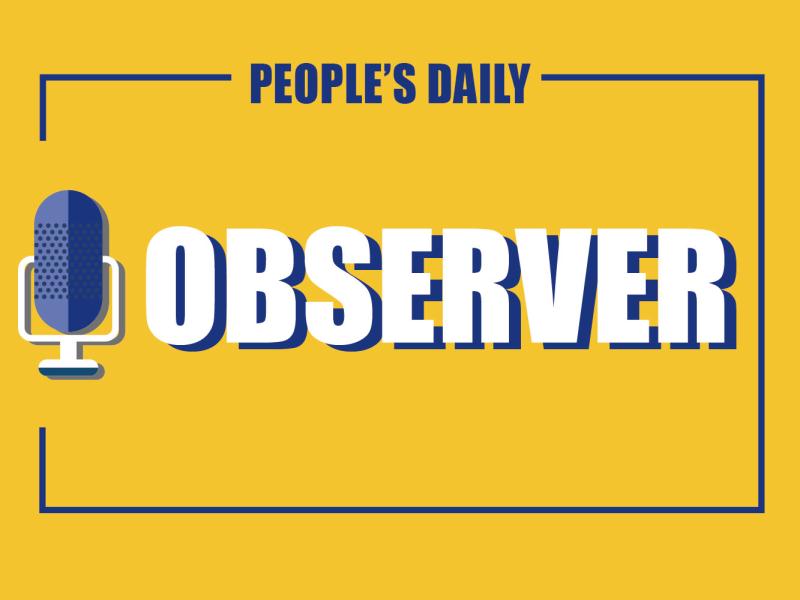
“If the United States saw what the United States is doing in the United States, the United States would invade the United States to liberate the United States from the tyranny of the United States,” Mohamad Safa, a Permanent Representative of Patriotic Vision at United Nations, tweeted on Thursday, following the US Capitol Building being besieged by pro-Donald Trump protesters.
The Chinese equivalent of the tweet has gone viral on social media. The deadly violence which claimed four lives had also become the subject of heated discussions in China. When I was having lunch in the canteen, I overheard people sitting next to me asking “what on earth went wrong in the US?”
Indeed, it is a question worth pondering. I still remember years ago when I visited Capitol Hill, I watched an introductory video on American democracy. One of my most memorable takeaways from its self-boasted democracy is that “compromise is the essence.” However, this compromise is gradually diminishing in US society, especially in the last decades. Perhaps this is exactly what’s wrong in the US democratic system.
According to a 2016 Pew Survey, 49 percent of Republicans and 55 percent of Democrats said the other party makes them “afraid.” A recent study by political scientists Danny Hayes and Liliana Mason shows that about 60 percent of Democrats and Republicans said they believe the other party was a “serious threat to the United States.”
This deepening polarization between the two parties makes it more and more difficult for them to reach consensus on major issues, leading to government shutdowns, attempt to pack the Supreme Court, partisan impeachments, lingering accusations about the fairness of elections...
The lack of compromise has also plunged the US government into dysfunction. Its slow response to the COVID-19 pandemic is only the latest and most lethal manifestation, not to mention the standstill on the most important problems in US society-- from immigration to climate change to healthcare.
As Donald Trump publicly acknowledged that he would leave office on January 20 for the first time Thursday, pledging an orderly transfer of power after Congress affirmed President-elect Joe Biden's Electoral College win, it still remains a daunting task for Biden to bridge divisions and prevent escalating conflicts during his time in office.
When Biden said in his speech after the Capitol unrest that “today's a reminder - a painful one - that democracy is fragile,” it’s a clear signal that the US democracy is falling into serious crisis.
For years, the US has boasted as the beacon of democracy, accustomed to finger-pointing at other countries’ problems. Perhaps now it’s high time for the US to fix its own problems, before the self-crowned “world police” has the time to “lecture” others with its own flawed system.


